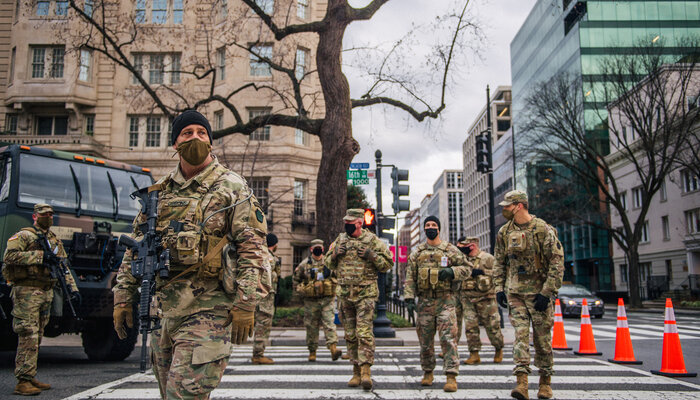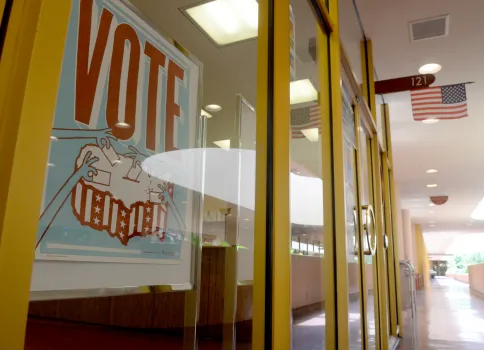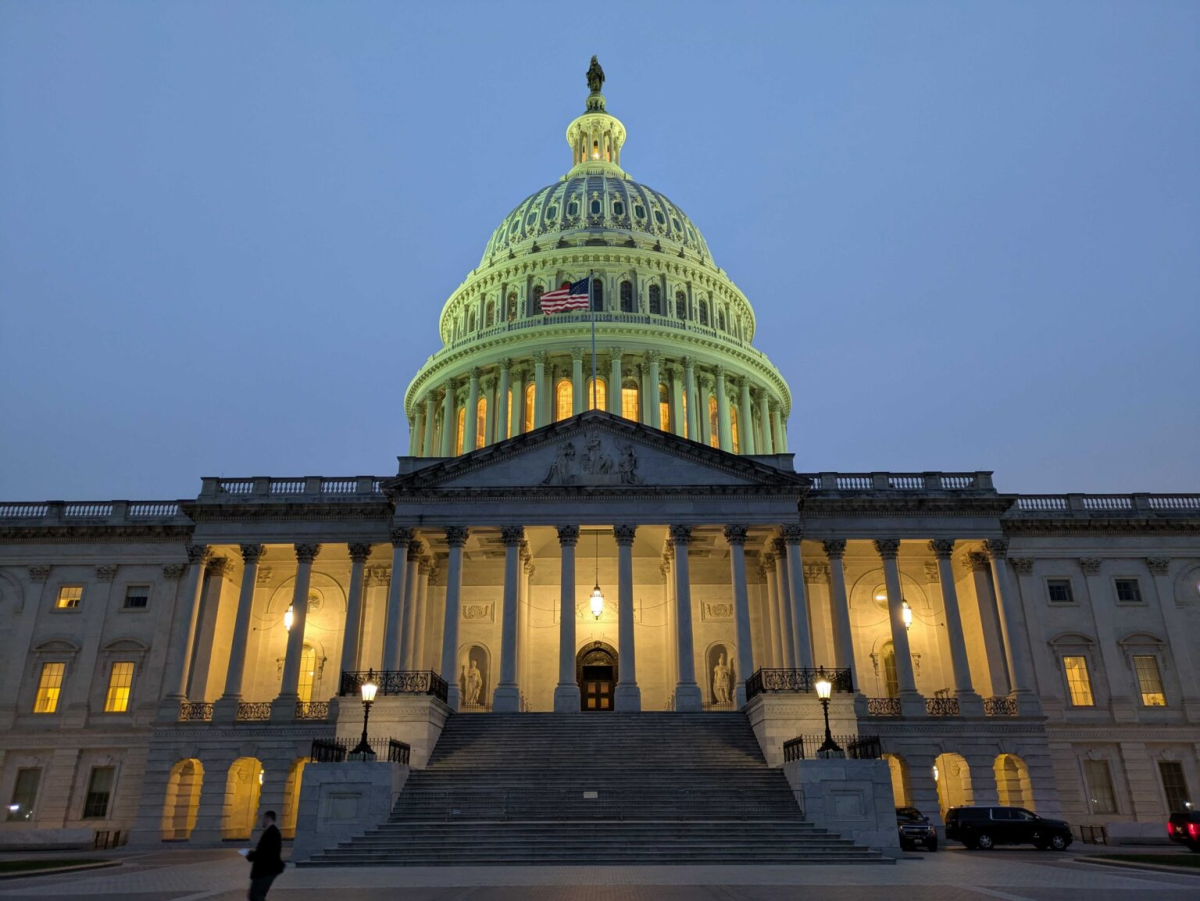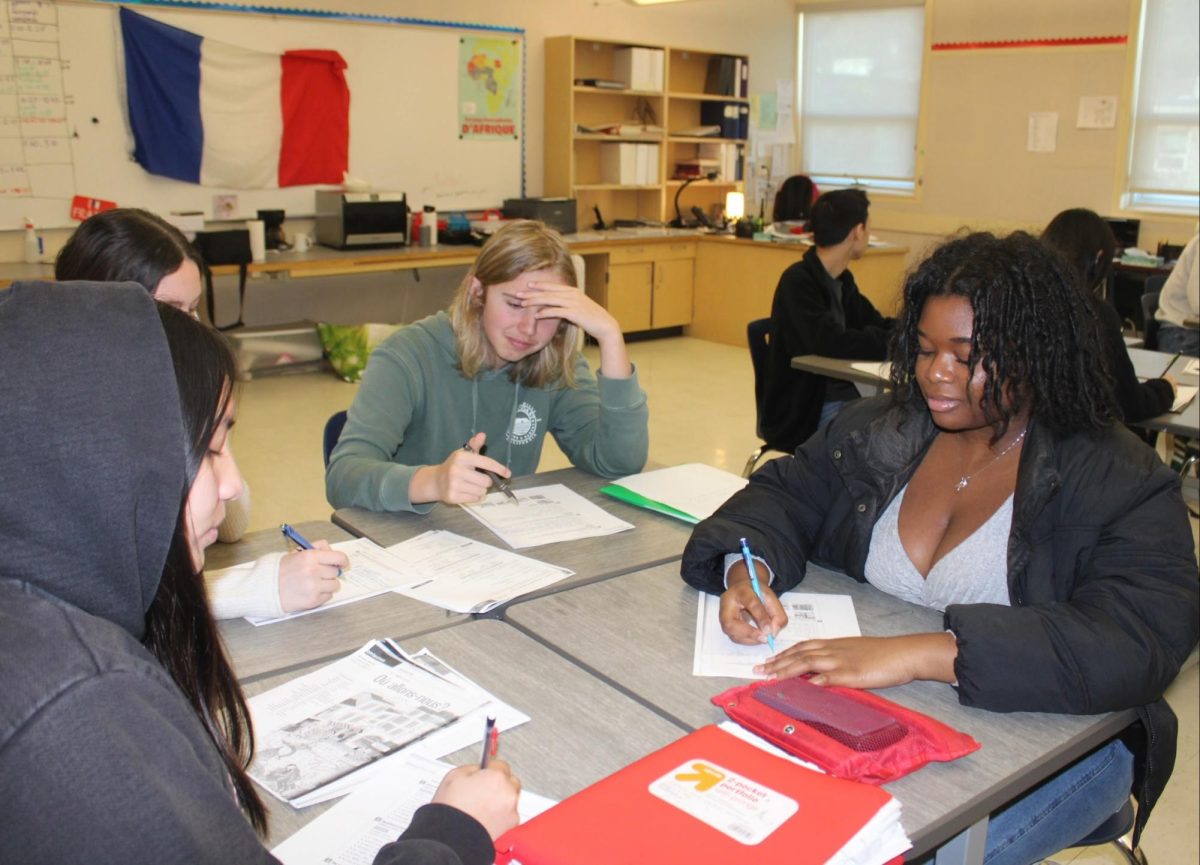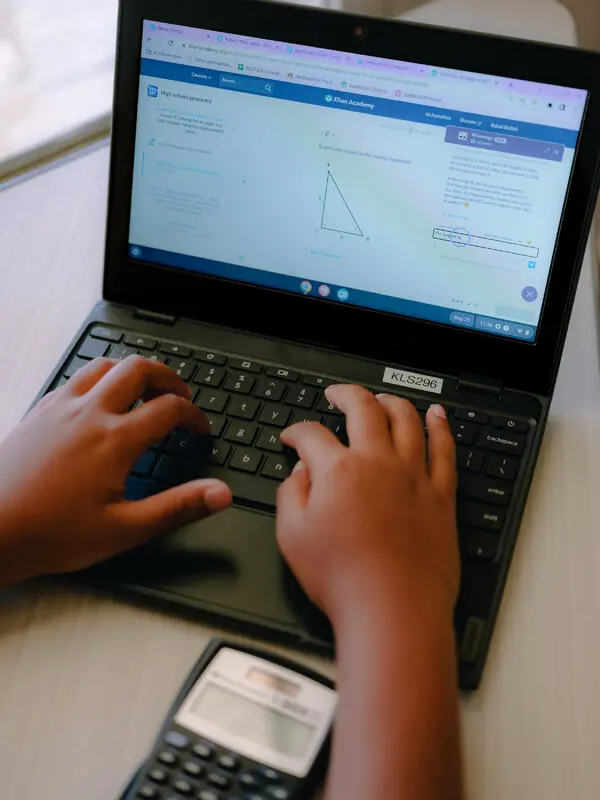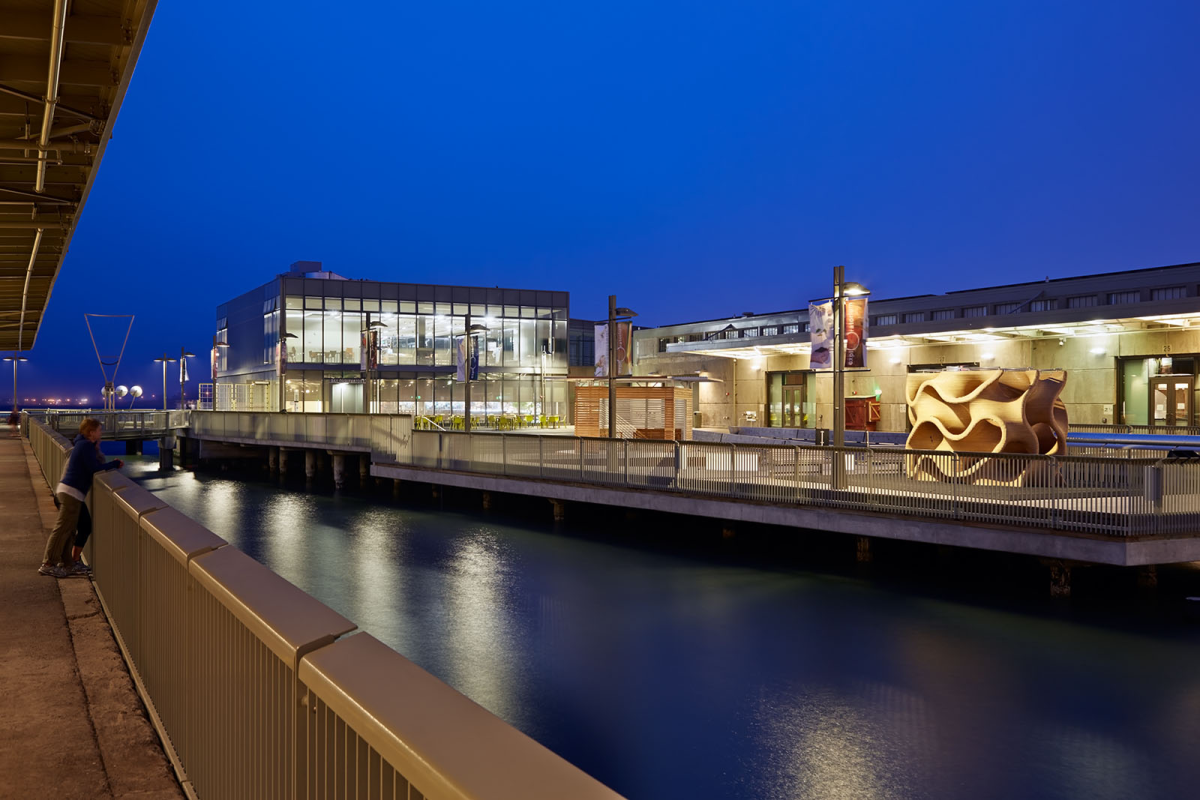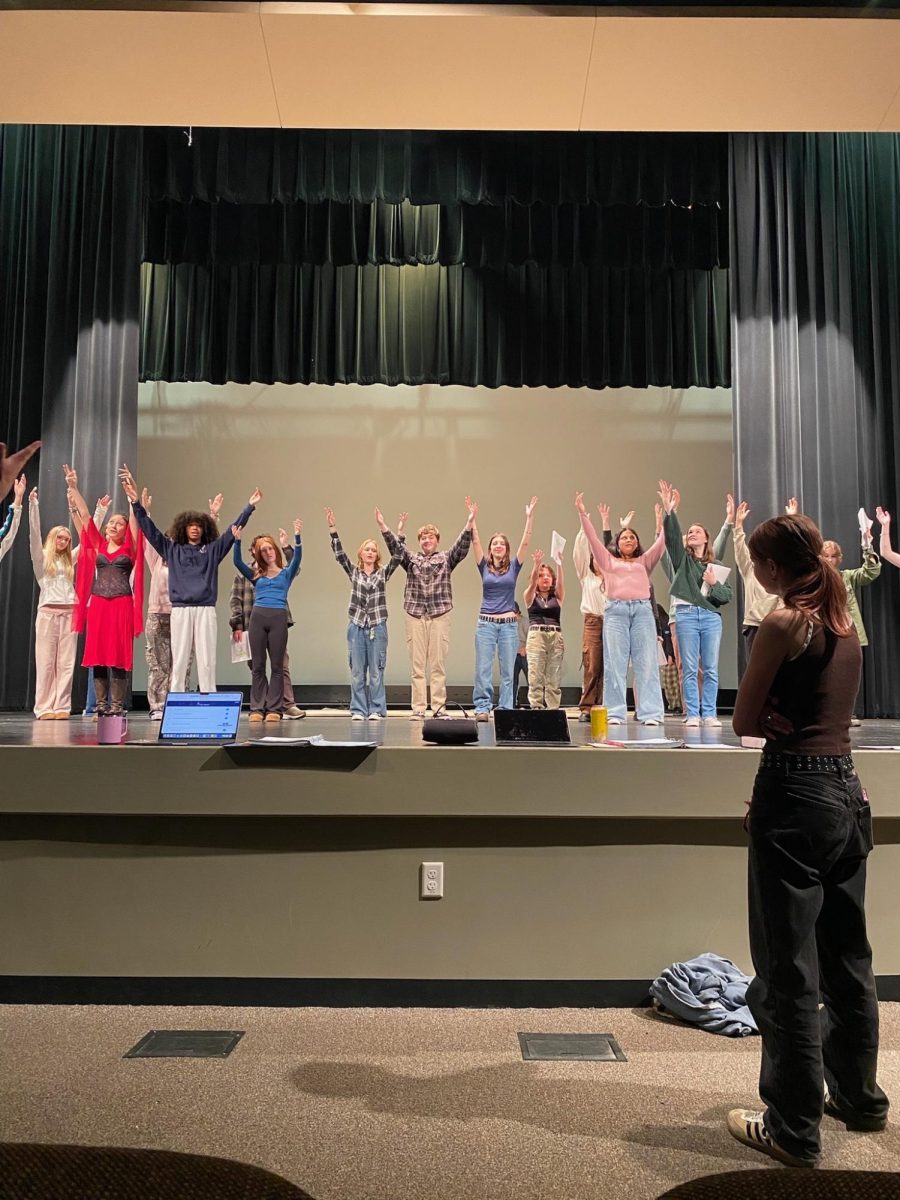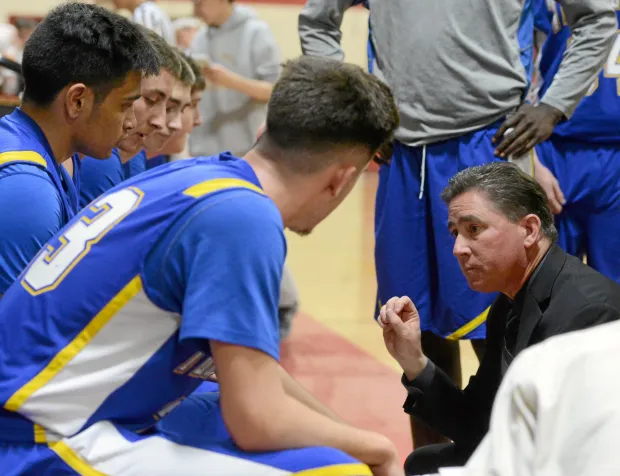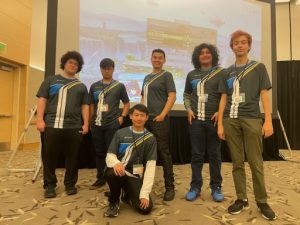Terra Linda Fights Alongside the Canal Alliance
June 7, 2017
Several Terra Linda students teamed up with the Canal Alliance to go to Sacramento to lobby for undocumented immigrant rights on May 15.
Among these students was junior Josseline Chay. “We went to talk to government representatives and explain why they should pass certain bills, or to just thank them for supporting the undocumented immigrant population. One of the issues I lobbied for was about how we needed a proposition to prevent colleges from giving information to the ICE about students.”
The Canal Alliance contacted Terra Linda to see if any students would be interested in participating in the demonstration, and from there Terra Linda teachers made students aware of the opportunity.
Junior Maria Gurrola is another one of the students who lobbied. She said, “We got there, registered, and took a tour of the capitol building, then we met with legislators who represent our county. It was a group of 20-30 people from the Canal Alliance.” Although Gurrola and the others didn’t speak directly to state senators Mike Maguire and Mark Levine and assemblymember Jared Huffman, they did speak to representatives outside of the senators’ office, who then relayed the information to the senators. Gurrola and the others advocated for SB 54, The California Values Act, which would “end local law enforcement entangling with the ICE,” according to the Human Rights Defense Center’s website. It would also prevent state and local law enforcement agencies, including school police and security departments, from engaging in immigration enforcement or using any state or local resources in carrying out enforcement activities, as well as prevent transferring any individual into federal custody for deportation without a judicial warrant. The bill also would make the Attorney General create policies which limit immigration enforcement on premises of sensitive locations such as schools, hospitals, clinics, and courthouses.
Another issue that they lobbied for was securing funding for undocumented immigrants. Out of the $74 million for undocumented immigrants package, $14 million would go to the Assistance to Immigrant Counsel Project, which provides immigrants with legal representation, $30 million for Due Process, which helps assure due process for low income Californians who are facing deportation, and $30 million for “One California” CDSS Immigration Services which invests in services to educate immigrants about their rights and the process for gaining citizenship.
The students in partnership with the Canal Alliance also lobbied for SB 29, the Dignity Not Detention Act, written in response to the ICE’s unfair treatment of immigrants in detention centers. The bill would “improve condition in immigrant detention facilities, provide a private right of action for immigrants who have faced abuse or neglect in facilities, and prohibit local governments from contracting with private companies to detain immigrants for profit in California,” according to the Human Rights Defense Center’s website. Currently, ICE doesn’t always let immigrants in detention centers know their rights, and sometimes even holds the immigrants in the detention center after they finished their term or paid their fine.
However, there were also other issues that were lobbied for. Senior Estefany Gramajo recounted some of the groups that were at the demonstration. “There were different groups from different areas, for example West Marin only has a sheriff department which is typically connected to ICE. Other groups talked about the Dreamers. The demonstration was organized, and different people from different groups spoke at certain times.” Gramajo described the scene as they arrived to the Capitol building in Sacramento. “It was a large meeting of a bunch of people fighting for immigrant rights that congress would either pass or dismiss. There was a rally outside the building where people spoke to the crowd and passed around posters.”
After participating in the rally, they stepped into the hallway to speak to the representatives about some of the aforementioned issues that concerned them. The representatives told them what they thought about the students’ lobbying, then they took photos together. The group then went outside where the demonstration was still continuing and people were giving speeches. The students had a positive experience, and described how the representatives helped them refine and perfect their ideas.
“I felt like I was heard out. A lot of people were coming together for a common cause that affects so many people. It was so inspiring to hear everyone’s voices. And of course some groups have more resources than others, but once we were lobbying every voice was equal and everyone was heard one way or another,” explained Gurrola.
“These issues come from personal experience,” Gramajo explained. “And if we talk to each other and discuss these issues, we can do something about it.”




